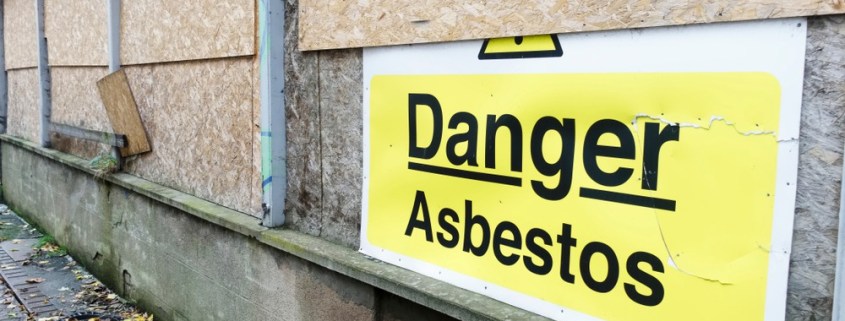Our Guide to Making a Claim if You’ve Been Injured During Your Scottish Staycation

As we are slowly making our way out of lockdown in Scotland and with the vaccines providing us with the hope that we’re on our path back to some semblance of normality, the tourism industry has been reopening its doors for the first time this year.
However, with the continued uncertainty of the traffic light system and the various rules when it comes to travelling abroad, it’s understandable that many people in Scotland will be choosing to enjoy a holiday closer to home in the form of a ‘staycation’. This was echoed in a recent study by Travelodge, which suggested that 4 in 5 people across the UK are planning a ‘staycation’ holiday this summer rather than leaving the country in search of warmer climates.
With the beauty of the Scottish Highlands, the white beaches of the Outer Hebrides, and the rich history of the Capital city, travelling around Scotland is the perfect opportunity to relax, unwind and take a break from the stresses of daily life. Unfortunately, no matter what safety precautions you may take, accidents, injuries and illnesses can and do happen while you are on holiday.
Unfortunately getting injured or falling ill may mean you have to cut your holiday short and return home. However, if this wasn’t your fault you may be entitled to file a personal injury claim for compensation. In this blog we’ll explore the circumstances under which you could make a claim, and the steps you can take to support your case.
What Can I Claim For?
There are many different accidents and injuries you may be able to claim compensation for, if you were to fall ill or be injured whilst on your staycation. Here’s just a few examples:
- An injury sustained in the hotel premises such as a slip, trip or fall caused by defective flooring or poorly maintained grounds
- You slip and injure yourself on any type of spillage or leak within the hotel grounds
- You contract food poisoning after eating or drinking in the hotel restaurant, particularly if other guests also suffer from the same food poisoning
- You injure yourself during any recreational or sports activities, organised by the hotel or tour operator
- You sustain an injury in a road traffic accident, whilst on a day trip organised by the hotel or tour operator
What Can I Do To Support My Claim?
In order to support any claim, the most important factor is to be able to prove the illness or injury was in no way your own fault and was caused by the negligence of a third party (such as your accommodation provider, tour operator or the hotel staff). There are some other steps we’d highly recommend you take, to ensure your claim for compensation has the best chance of success:
- Report the illness or injury to the hotel staff, tour operator or your travel company straight away at the time of the incident itself.
- Make sure this is noted within the hotel’s accident book, this will ensure there is a date/time record of the incident occurring. It should also detail whom you reported the incident to, the circumstances surrounding it and the deals of any witnesses. Make sure you check this has been accurately recorded.
- Keep receipts of any and all expenses you may have an incurred, as a direct result of your accident or illness.
- If you’ve had to seek medical advice or visit the hospital, be sure to maintain all medical records. Once you’ve returned from your staycation, report to your GP as soon as possible.
All of these points will go a long way to strengthen your claim, to make sure you’re awarded a fair compensation sum to cover all of your medical and travel expenses that may have left you out of pocket, as well as for the hardship caused.
How Can We Help?
We understand how distressing it can be when you’ve had an accident or sustained an injury of any type whilst on holiday. It can be difficult to know where to turn to next, as even if you’re holidaying at home in Scotland, you are still likely to be far from your own home and removed from your familiar surroundings.
Here at Bonnar Accident Law, we have significant experience handling these types of claims, so if you feel your hotel or holiday company compromised yours and your family’s safety and caused an injury or illness, then don’t hesitate to contact us today. We’ll take your case on a No Win No Fee basis, covering all the upfront costs to ensure that your claim the best chance of success.
If you have been injured in an accident that wasn’t your fault and you would like more information, please get in touch with one of our No Win No Fee solicitors today.









